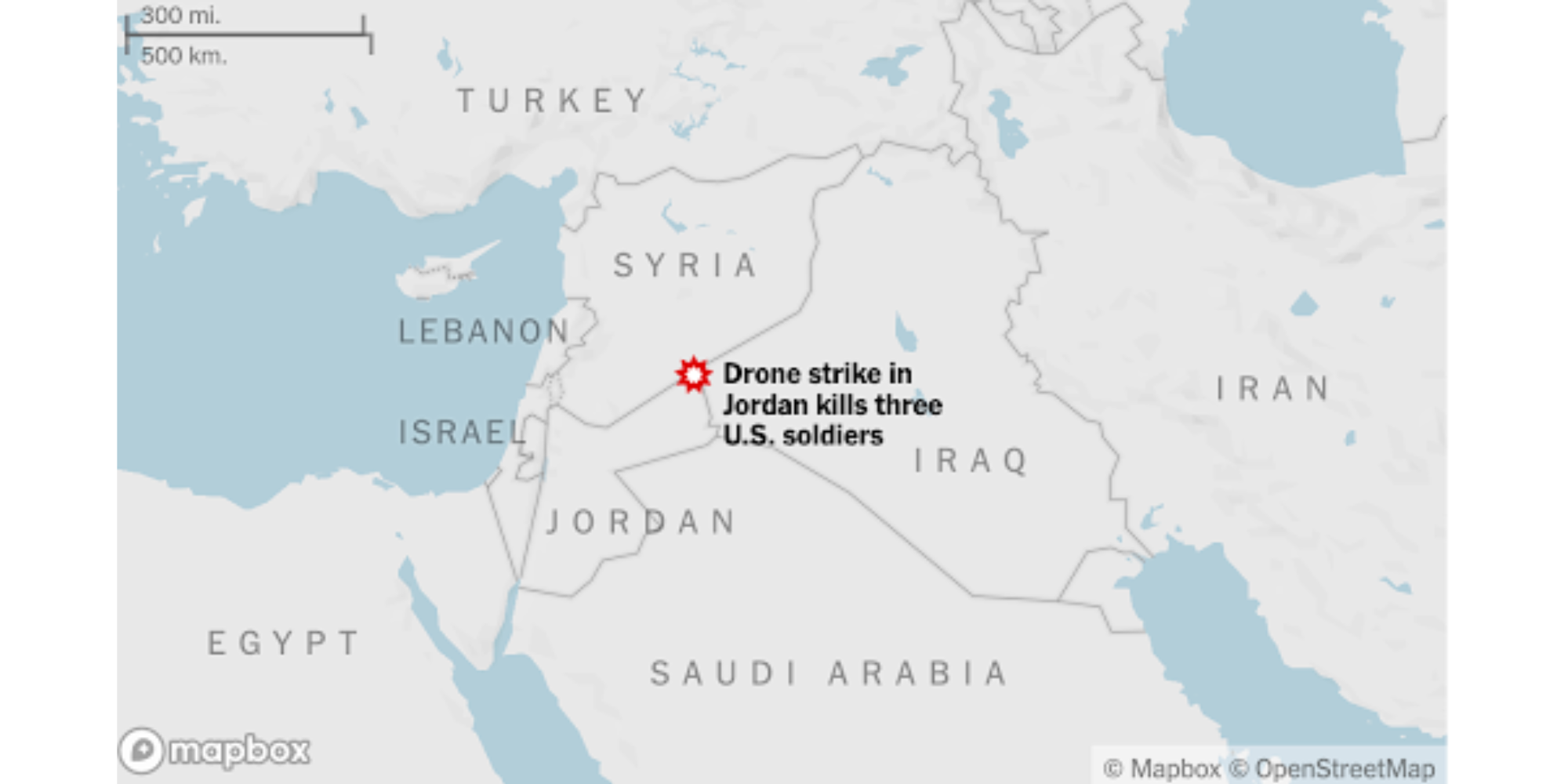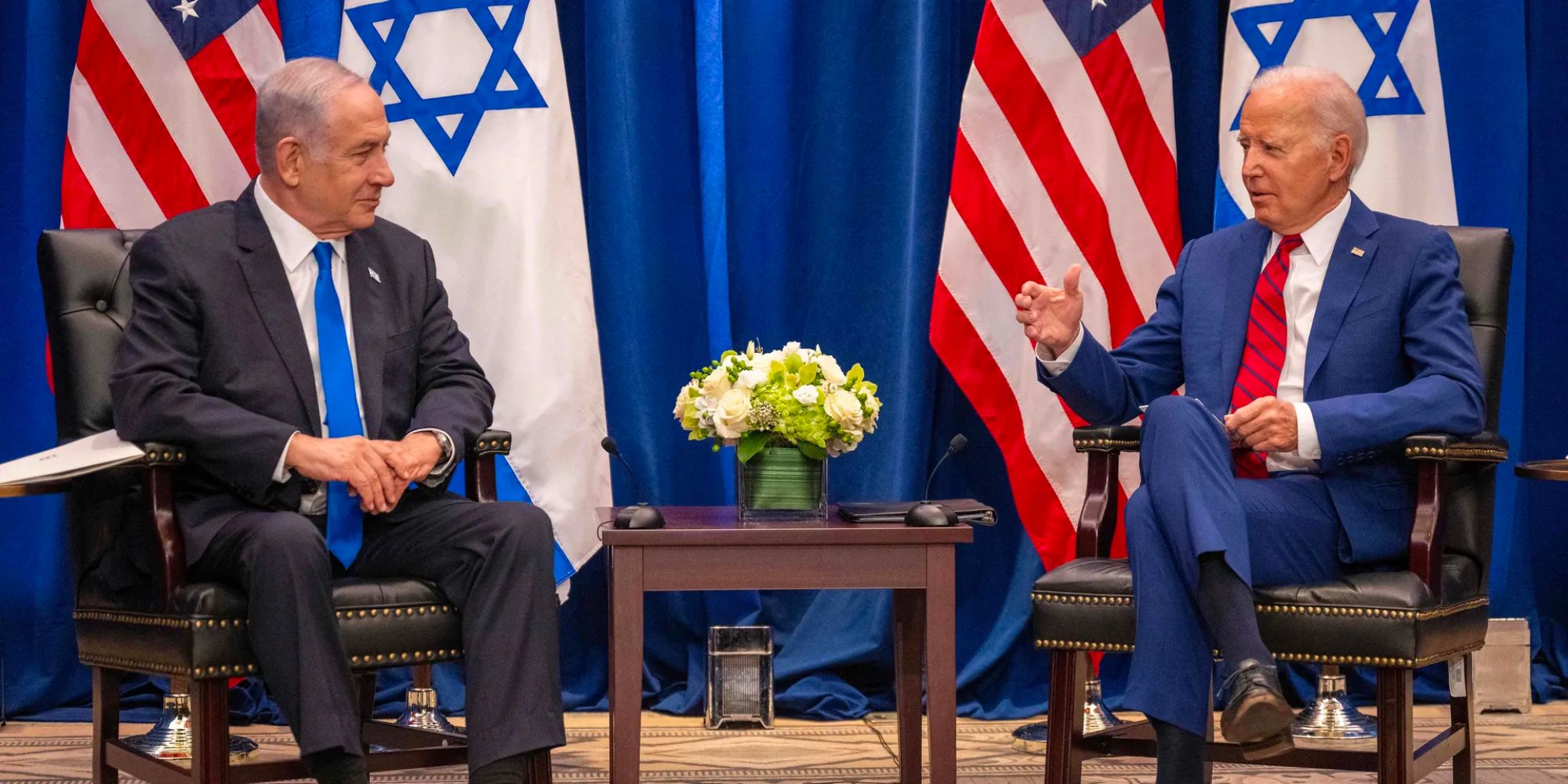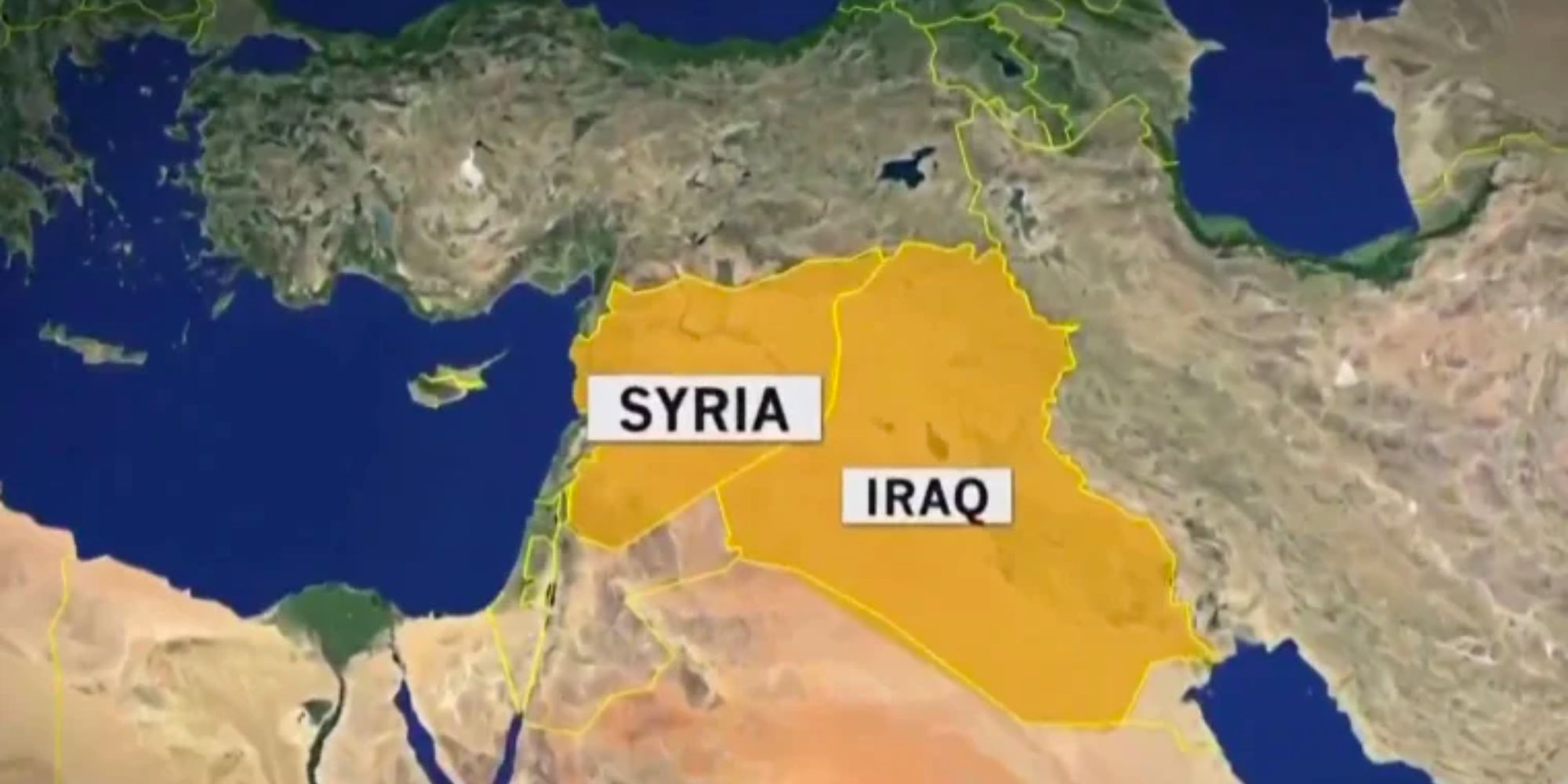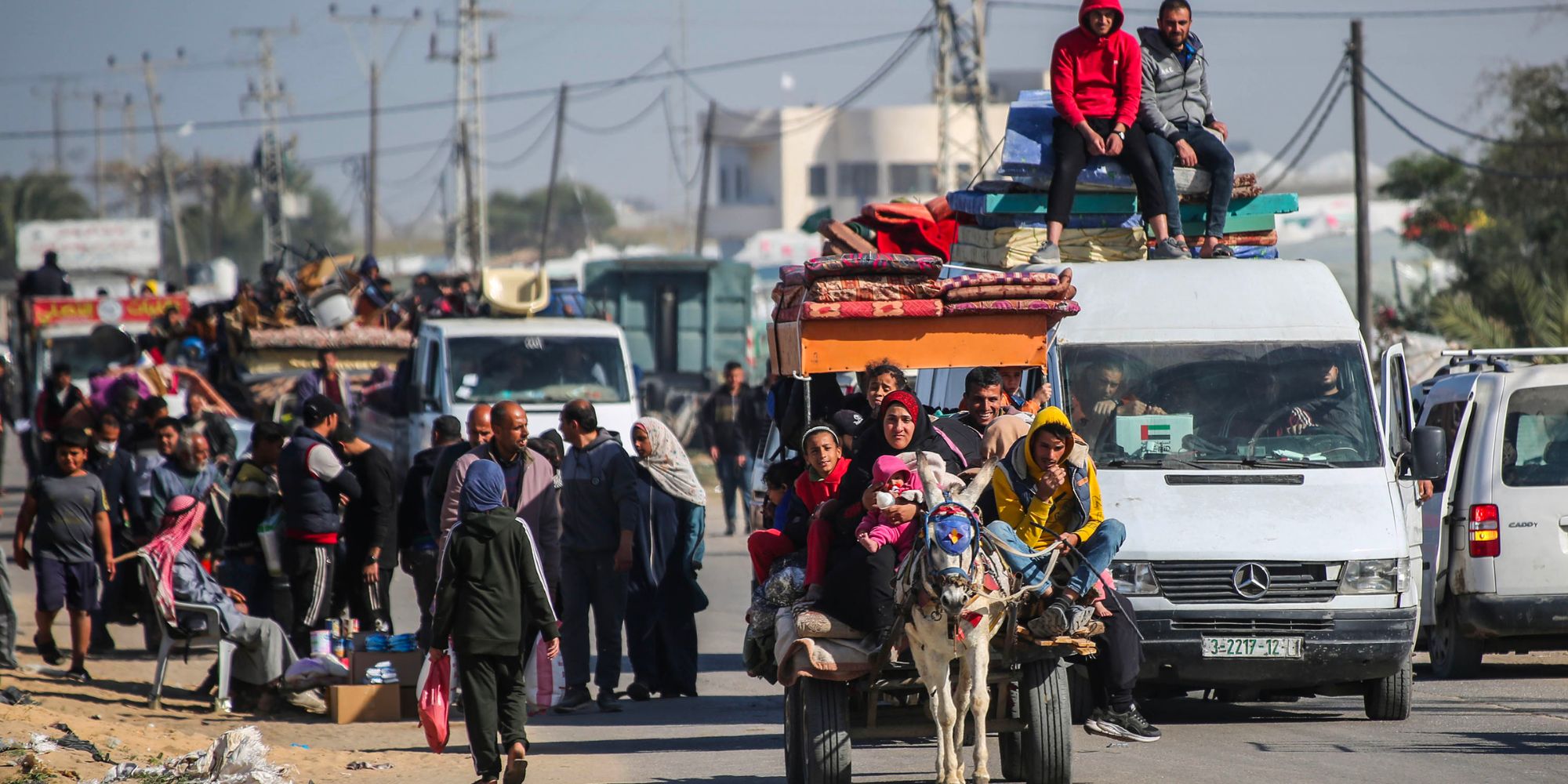Current as of 10:00AM EST, 29JAN22
RECENT UPDATES
The United States suffered several casualties in an attack in Jordan on January 28, underscoring concerns Washington could be further pulled into the widening conflict. Three U.S. service members were killed and at least 34 others were injured in a drone attack some analysts are calling a game changer in the intensifying friction between Washington and Tehran. Meanwhile, Israeli officials are under mounting pressure at home to secure the release of hostages held by Hamas, and from the international community to cease its military operations in the Gaza Strip and allow more humanitarian assistance in the territory.
- Humanitarian Crisis: Last week, the International Court of Justice (IJC) stopped short of demanding a ceasefire in the Gaza Strip, but ordered Israel to limit deaths and damage in the territory as the death toll surpassed 26,000, according to the Palestinian Health Ministry. The head of the UN on January 28 also implored the United States and other major donors to continue funding the UN Relief and Works Agency for Palestine Refugees (UNRWA), saying without their support the agency will run out of money next month. Israeli officials have accused a dozen UNRWA employees of participating in the attacks on October 7.
- U.S. Support: The drone attack against U.S. troops occurred at a remote logistics outpost in northeast Jordan, near the border of Syria and Iraq, and the Islamic Resistance in Iraq, an umbrella group for Iranian-linked militias, claimed responsibility later that day. Also in a statement on Sunday, an Islamic Resistance in Iraq official reiterated previous statements that, “If the U.S. keeps supporting Israel, there will be escalations. All U.S. interests in the region are legitimate targets and we don’t care about U.S. threats to respond.” President Biden said the U.S. will “hold those responsible to account at a time and in a manner of our choosing.” The number of attacks on deployed American personnel in the region has surged to more than 160 and the Pentagon has responded by carrying out selective retaliatory strikes against Iranian proxy groups in Iraq, Syria, and Yemen.
- Military Operations: The Israeli military declared the area around the Kerem Shalom crossing a closed military zone to allow aid trucks to enter Gaza following the ICJ’s ruling last week that Israel must allow more supplies into the Strip. Dozens of protesters have blocked the Kerem Shalom crossing in southern Israel since January 24. Tensions between Israel and Hezbollah continue to intensify as Hezbollah fired two anti-tank missiles toward Israeli military bases over the weekend, prompting Israeli forces to respond with artillery shelling. Israeli troops also continue to engage in “intensive battles” in and around Khan Younis in southern Gaza, and raids and arrests by Israeli forces were reported in the West Bank over the past week.
- Regional Relations: Prime Minister Netanyahu’s office said high-level hostage negotiations in Paris on January 28 were “constructive,” but “significant gaps remain.” Discussions between representatives from Israel, the U.S., Qatar, and Egypt are expected to continue this week and Israeli officials reportedly presented a proposal to Egyptian and Qatari negotiators to take to Hamas. On January 29, a Hamas official said releasing hostages will require a guaranteed end to the Israeli offensive in Gaza and withdrawal of all forces. Protests occurred in Tel Aviv over the weekend as demonstrators demanded Netanyahu’s resignation and the release of Hamas-held hostages. Iran-backed Houthi militants are continuing their attacks in the Red Sea, with a U.K. navy ship shooting down a Houthi drone on January 27. The escalating military confrontation between the U.S. and Houthi militants due to Red Sea violence could deepen the humanitarian crisis in Yemen, particularly as the Biden administration placed the Houthis back on the global terrorist organization list. Relief agencies warn this move could impede their operations in the area, especially as Yemen is suffering from donor fatigue; the country’s humanitarian response plan for 2023 was funded at 39 percent, according to UN officials.
- Protests: Protests continued in cities across the world over the past week. Five people were arrested on Friday during a rally in which pro-Palestinian and pro-Israeli protestors clashed on 46th Street in New York City. Also on Friday, traffic was stopped near the Rock and Roll Hall of Fame in Cleveland due to a pro-Palestinian march, and university students in Chicago and D.C. called for a ceasefire in Gaza. Over the weekend, protests took place in front of Barclays branches across the U.K., with demonstrators demanding the bank end its support of Israel.
CYBER IMPLICATIONS
Several U.S. based companies and entities are continuing to support various Israeli technology companies and initiatives. Last week Google announced it is launching a $4 million fund to provide a lifeline to approximately 20 cash-strapped Israeli startups developing artificial intelligence technologies (AI). The Board of Governors of the Israel-U.S. Binational Industrial Research and Development (BIRD) Foundation recently approved $9.6 billion in funding for ten new projects, including several in the technology sector, between U.S. and Israeli companies. The projects include developing advancements in AI, electric vehicle battery capacity, fire prevention technologies, and virtual and mixed reality optics.
CONCENTRIC’S RECOMMENDATIONS
We continue to urge anyone with business interests in Israel and the surrounding regions to exercise extreme caution, and to consider postponing any upcoming travel. We also encourage travelers to avoid all demonstrations and maintain awareness of their surroundings in areas with protest activity. Travelers and businesses should also consider:
- Watching for updated U.S. Department of State worldwide travel advisories.
- Avoiding areas in and around Israel, Lebanon, Egypt, Saudi Arabia, Qatar, and other portions of the Gulf.
- Reaching out to Concentric’s experts for support. Concentric can provide:
- Emergency evacuation and secure transportation, and support from local partners;
- Active monitoring and intelligence support, including tailored risk and travel assessments;
- Tailored security consulting and executive protection agents;
- Cybersecurity and digital privacy protection.
If you are interested in a briefing with Concentric’s Chief Executive Officer Mike LeFever or a member of Concentric’s team on any of these topics, please do not hesitate to contact us.
The above map depicts the location of the attack against U.S. troops in Jordan on January 28, 2024. Source: New York Times.






